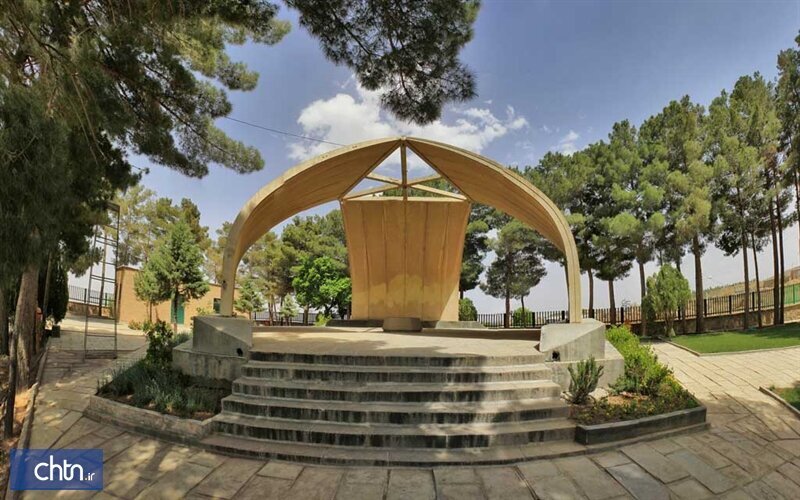Mausoleum of Bayhaqi, the 12th-century Persian polymath and historian, restored

TEHRAN – The mausoleum of Abu’l-Hasan Bayhaqi who was a 12th-century Persian polymath and historian of Arab descent, has undergone some rehabilitation works, a local Iranian official has said.
A restoration project was conducted recently on the eastern parts of the mausoleum, which were damaged by heavy rains, Mohammad Ali Ebrahimidust said on Monday.
The current mausoleum, which is located in Sabzevar county of the northeastern Khorasan Razavi province, was built in 1974.
Known as Ibn Fondoq, Beyhaqi authored over 70 works ranging from Arabic grammar to astrology to philology.
Sabzevar, located in the west of Khorasan Razavi province, has over 100 historical and natural sites inscribed on the National Heritage list.
The history of Sabzevar goes back to the first millennium BC. After the Mongol invasion of Iran, the city was the first part of Iran that moved towards its freedom, under the lead of the Sarbedaran movement.
In the 14th century, Timur, the Turco-Mongol conqueror and the founder of the Timurid Empire, invaded Iran, and despite the brave defense of people in Sabzevar, the city was destroyed quite completely. It is said that about 90,000 people have been massacred by Timur. After killing all men in the town, he cut their heads and made three pyramids of the heads in a city square, which is known as Sarberiz (literally means place of heads) square nowadays.
ABU/AFM
Leave a Comment